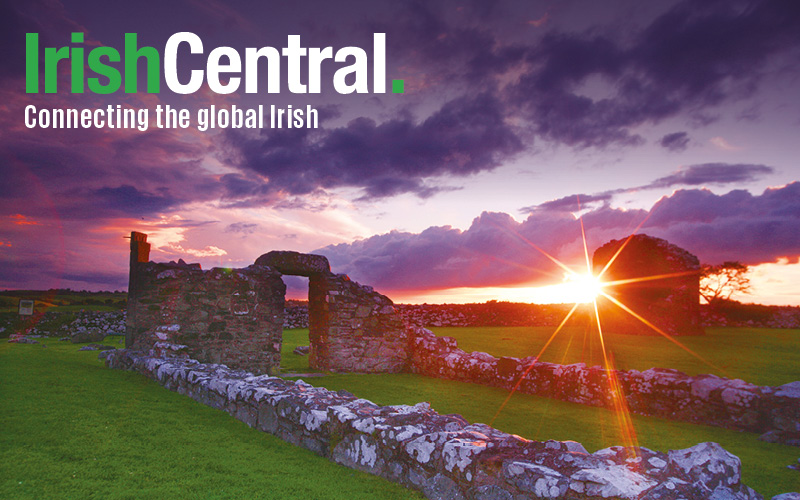| Occupy Wall Street |
Last week, walking through the well-appointed streets of lower Manhattan, I had an eerie sensation of déjà vu.
It wasn't a pleasant sensation at all, because it came with a kind of heaviness that I faintly remembered. At first I had no idea why it was happening.
Then I looked up. Above my head three police helicopters were hovering noisily overhead.
I imagined their occupants were monitoring us all for signs of criminality. But three helicopters instead of just one seemed excessive. Then on the streets, as I made my way to an appointment, I started noticing more and more police.
They weren't just beat cops. These officers were wearing riot gear and helmets. They were walking quickly in large groups toward some event.
That's when I remembered that this was the day that the Occupy Wall Street crowd had selected for a huge march. On the two-month anniversary of the movement, the protestors had planned to march on the New York Stock Exchange, and the police were there to stop them (since they didn't have a parade permit, and would never be granted one).
Barricades had been set up and more police officers than I have seen in all my years in this city (including after 9/11 and the blackout) were manning them. The finance capital of the world was turned into what they called a frozen zone where no one would permitted to make a protest of any kind.
But the police hadn't just prepared for a protest, they had prepared for an invasion.
Then I suddenly remembered where the feeling of déjà vu was coming from -- Belfast in the early 1990s.
I had seen all this before as a student at Queen’s University in Belfast. The eerie overhead helicopters hovering endlessly overhead, the wall of unfriendly looking police officers in riot gear, and the sense of a society broken beyond repair.
I had wanted to leave that city then, and for the first time in my life I almost wanted to leave this one.
What could be so threatening that so many cops had been called out to tackle unarmed protestors?
Since most of the U.S. media is doing a spectacularly pathetic job of reporting what the aims of the Occupy Wall Street movement are (because doing research is hard and most journalists nowadays have the attention spans of goldfish) I think I need to share with you what I have already learned about them.
We know some people are rich and some people are poor. That's not news.
What is news is that once upon a time the rich factory owner used to make 30 times what the factory employee made. But now the rich have learned to completely game the system (via Wall Street) and so the corporations now have vastly more political power than the public themselves.
It's not about rich people having more money; it's about them gaming the political and financial systems to ensure that they'll always have it, taking all the opportunities away from the rest of us.
It's about Wall Street taking financial risks that they know could destroy the American economy, putting millions out of work, while they create nothing of value themselves as they play our financial markets like a casino, knowing the taxpayers will pick up their tabs.
When liberals ran the country for 30 years following the New Deal the American economy doubled in size, and wages doubled with it.
Then for the 30 years after Reagan when conservatives ran the country the economy doubled but wages stayed flat.
What happened to the workers’ share of the money? It went to the richest 1%. That's why the public is upset.
Fixing that imbalance is what Occupy Wall Street is all about.
But that idea, of introducing a basic fairness for the ordinary worker is called socialism by conservatives. Allowing the rich to game the system to benefit themselves is what conservatives now call capitalism.
They like making all that money and they like keeping it. They don't want anything to change.
That's why we're witnessing the same old dance of the clueless and frightened aristocracy sending out the police force like a hammer to bring the rabble to heel. It always has the opposite effect. But rich people don't make smart decisions when they're afraid.
Three hundred protestors were arrested in the city that day. I watched as a new generation of young people tried to wrest their future from the closed hands of those who want to deny them one.
So this isn’t over. Not by a long shot.




Comments